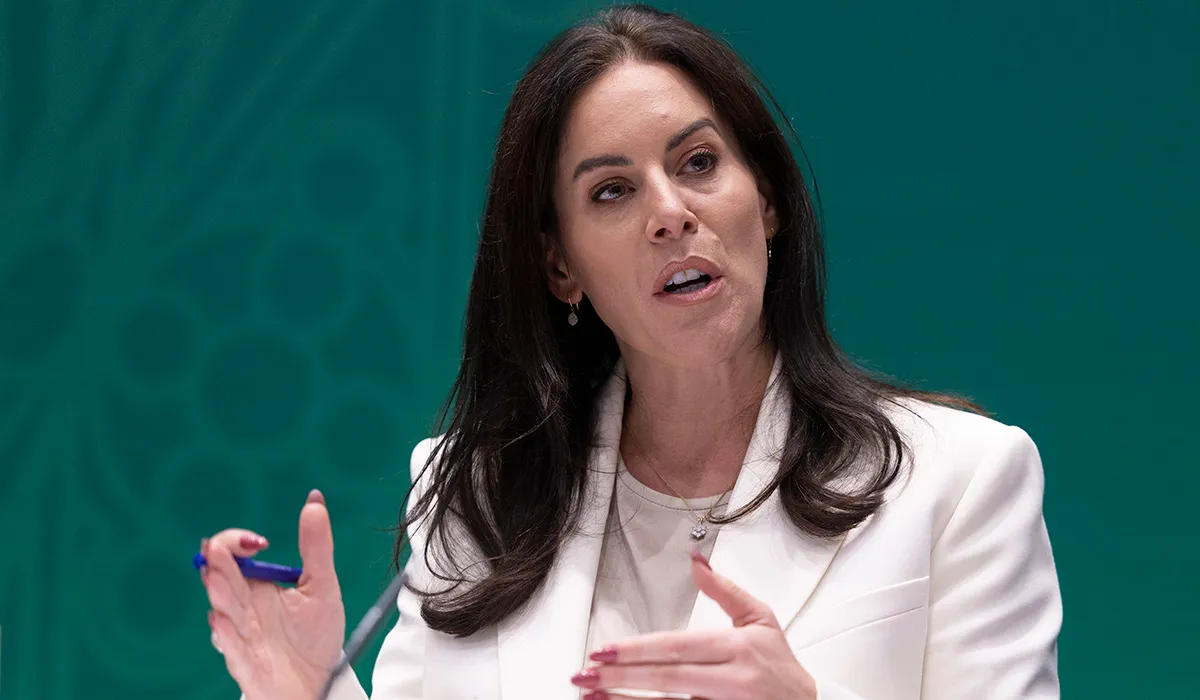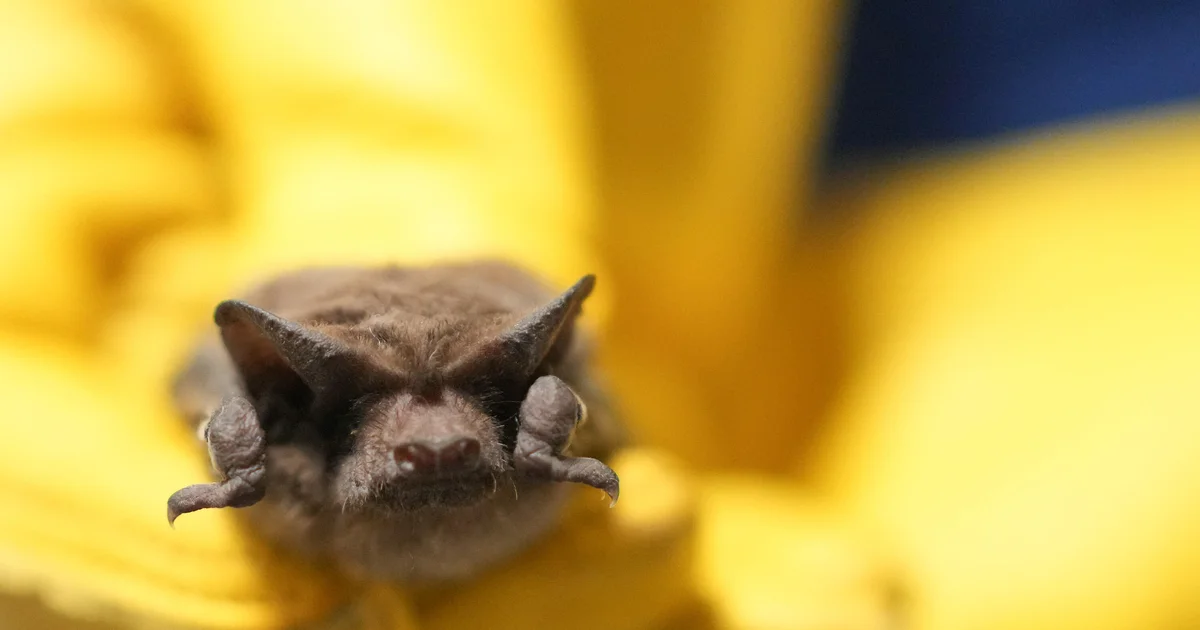Copyright evoke

Jennifer Carroll MacNeill has rejected a finding from the UN special rapporteur on violence against women that 'all forms of surrogacy' should be banned. Earlier this month, Reem Alsalem issued a report urging the recognition of surrogacy as a system of violence, exploitation and abuse against women, and calling for it to be abolished globally. She said: 'Surrogacy reduces women and children, including girls, to mere commodities, stripping them of their equality and dignity and encouraging their exploitation and abuse. Surrogacy is the result of commodification and commercialisation of women's reproductive capacities, and it preys on and exploits women, particularly those from marginalised and impoverished backgrounds.' Health Minister Carroll MacNeill was asked by Carol Nolan, Offaly Independent TD, if she agreed. Ms Carroll MacNeill said she acknowledged the report had highlighted 'legitimate concerns' about 'some surrogacy arrangements'. But she added: 'I disagree with the central recommendation of the report, which is that "all forms of surrogacy" should be prohibited.' She said: 'The established policies of this Government, and of previous governments, are based on the principle that it is preferable to seek to regulate surrogacy rather than enforce a blanket ban. 'The aim is to provide for surrogacy, which is ethical, altruistic and, most importantly, protects the health, safety and welfare of the two most vulnerable parties: the surrogate mother and the children born as a result,' the minister said. She claimed this 'broad policy position’ appeared to have ‘wide, if not near-unanimous agreement across political parties and groupings in the Oireachtas,' as demonstrated in recommendations from the special Joint Committee on International Surrogacy and cross-party support for the Health (Assisted Human Reproduction) Act 2024 as it progressed through all stages in both of the Houses. The 2024 Act was signed into law in July 2024, but has not yet been commenced. The legislation includes provisions for domestic and international surrogacy, as well as the recognition of parentage arising from past domestic and international surrogacy arrangements'. Under the legislation, women who may act as surrogates cannot be paid to carry a child and can be offered only 'reasonable expenses'. However, families can use 'intermediary' services to secure the services of women in another country. These intermediaries can be paid by an Irish couple. Ms Asalem's report highlighted 'physical, psychological and economic violence’ faced by surrogate mothers and said the practice resulted in ‘severe human rights violations’ including of their right to health, privacy, family and physical safety and that it increased the risk of ‘enslavement, torture, inhumane and degrading treatment.’ The special rapporteur said that emerging evidence pointed to 'serious risks' for children born through surrogacy, including negative 'physical and mental health and development outcomes resulting from separation at birth from their mothers'. Other risks could include identity struggles, risk of arrested statelessness, on trafficking, and abandonment, and the forceful termination of their lives in-utero at protest the discretion of the commissioning parents.' She said these despite risks, 'several state and non-state actors remain complicit in enabling surrogacy… and sanitising the practice, which is gravely concerning'. She said a human rights-based, sex and gender responsive approach required the adoption of a 'global abolitionist framework



